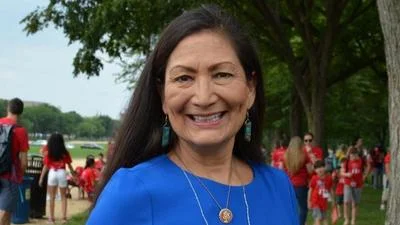The City of Española is contemplating a ban on plastic bags, spearheaded by Mayor John Ramon Vigil. The initiative aims to address the city's litter issues, but opinions differ on its effectiveness.
According to Plastics Paradox, a compilation of studies from the U.S. and Canada over 18 years indicates that "plastic bags" constitute less than 1% of litter. Thus, banning them might not significantly impact Española's litter problems.
Educating the public about littering's harms is essential, as demonstrated by the new "Breaking Bad" themed campaign initiated by the government. This campaign marks a significant step forward in public awareness efforts.
However, enforcement plays a crucial role too. The mayor has identified individuals occupying public spaces as major contributors to littering. Enforcing laws against both littering and unauthorized occupation could alleviate the problem.
Addressing minor issues like litter can also reduce other crimes, according to the "Broken Windows Theory." While supporting the mayor's goal of reducing litter, some argue for addressing root causes rather than banning useful items like plastic bags.
Reducing plastic waste remains a commendable objective. However, similar bans have sometimes led to increased plastic waste. In New Jersey, after a 2020 law banned single-use bags, Freedonia Research found that while bag numbers dropped by over 60%, alternative bags' larger carbon footprint caused plastic consumption to triple.
California experienced similar results after banning single-use grocery bags in 2016. The Los Angeles Times editorial board noted an increase in plastic bag waste from 157,385 tons in 2014 to 231,072 tons in 2022—a nearly 50% rise.
Española City Councilor Sam LeDoux and Paul Gessing of New Mexico’s Rio Grande Foundation advocate for thorough research before adopting such policies.









